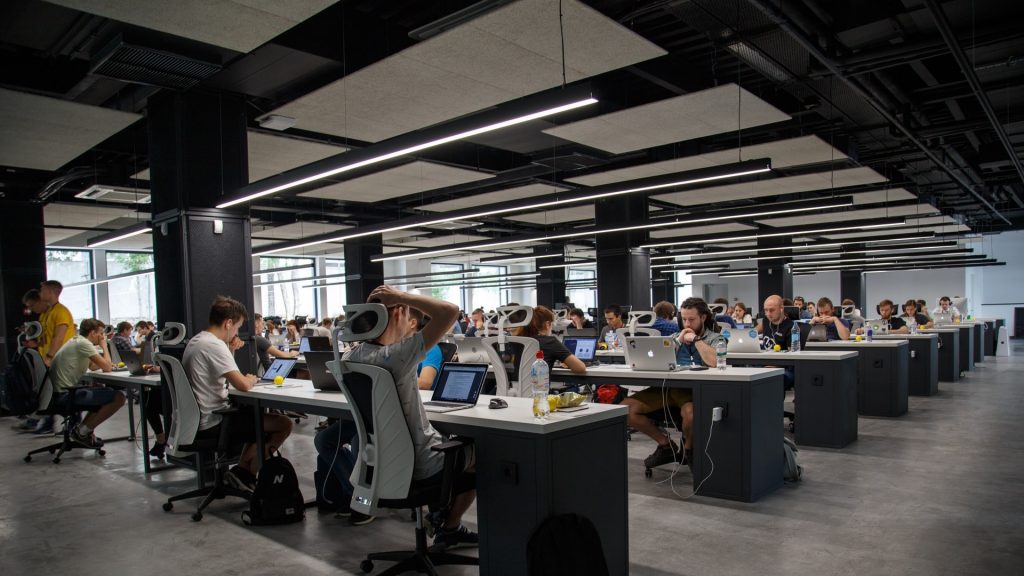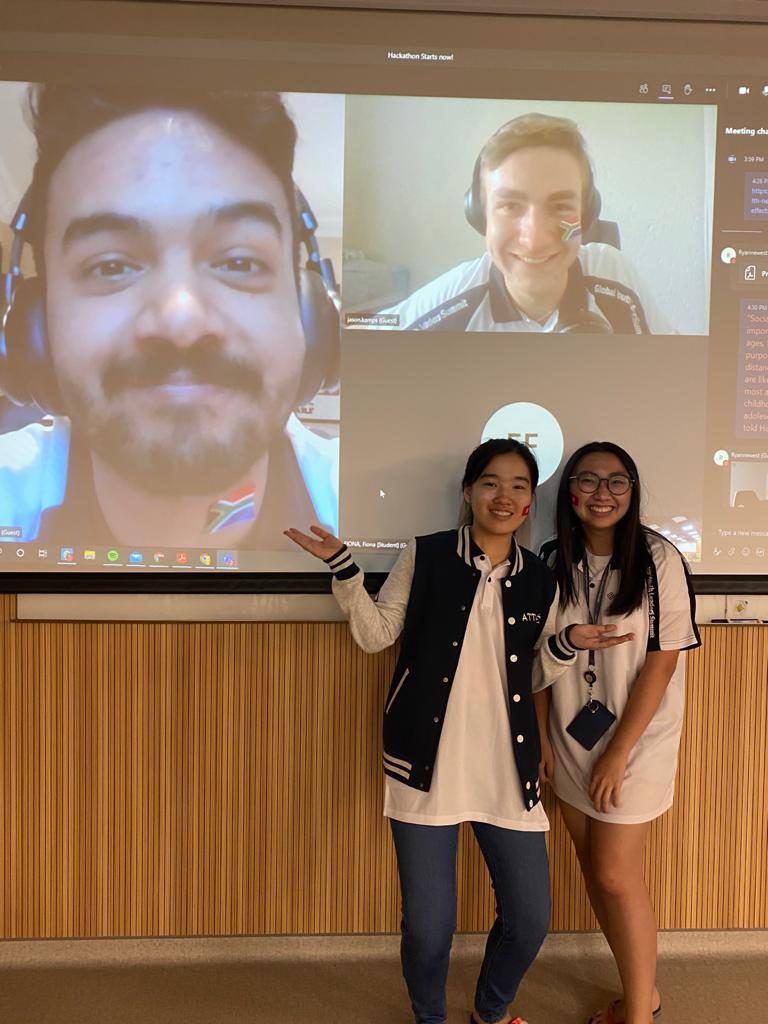South Africa’s esports scene is set for a major showdown as Hyprop and MTN introduce SHIFT COD, a Call of Duty tournament forming part…
Two SA students win award in global hackathon

A computer engineering student duo studying at the University of Pretoria (UP) were a part of the winning team at a global hackathon for the best proposal on social distancing.
Paired with two students from the Hong Kong Polytechnic University, the UP duo and team won the prestigious award
The two students from UP, Ryan Naidoo, and Jason Kamps formed part of the winning team that included Fiona Wong and Michelle Sandhika of the Hong Kong Polytechnic University.
The global hackathon took place at the Hong Kong Polytechnic University with virtual participation from external participants due to the Covid-19 pandemic. The hackathon forms part of the Global Youth Leaders Summit and focused on the theme of ‘Transforming Crisis into Re-Connection’.
Securing the award for their innovative concept, the team established a novel concept for a game that entails online interaction as it addressed the topic of children and social distancing.
Martina Jordaan, head of community engagement research and postgraduate studies at UP explains that the hackathon aims to produce tangible solutions to current issues faced in society.
“Prior to the hackathon, a Global Reflection Workshop guided youth leaders to conduct a social study, which is designed to lead them to understand the unique challenges faced by specific groups under the pandemic.”
Conducted over 24 hours, the hackathon required teams to collaborate simultaneously online. A reported 77 students and alumni from 12 countries across the world were enrolled in 14 teams of which 12 were mixed to include students from two different universities.
“This year’s hackathon had students from UP, the Hong Kong Polytechnic University, University of Maryland, and the Royal University of Phnom Penh competing against one another,” said Dr Jordaan.
The winning concept
In an official UP press statement, Naidoo and Kamps provided some insight into how they addressed the problem they were provided to create a novel and effect solution.
“We were given 24 hours to identify and address a specific problem related to the COVID-19 crisis. Our topic was on social distancing and children. Children need to have meaningful formative interactions with other children because of the one-sided, disengaging nature of online learning during the pandemic. The problem we addressed was the lack of interaction children have with others their age when they’re participating in online learning.”

The 24-hour hackathon resulted in the creation of the concept and product of ‘Friend-in-a-box’.
The innovative solution introduced a form of engagement under social distancing measures that allow children to engage with children from other countries via several activities contained in the box. From a technical perspective, the box would have a QR code that allows another child on the other side of the world to open their box, allowing them to foster a connection by making contact and working together to open their respective boxes.
“Each box would contain three games, as well as educational and interesting information about their buddy’s country of origin,” explains Naidoo and Kamps.
Partnering with local brands, Friend-in-a-box would include snacks from another country, in relation to the child’s digital buddy. This would allow children to experience another culture and learn more about their long-distance friend.
In addition, the solution fosters communication and a connection between the two users as each child must engage with the other to utlise the games and items in their box as outlined by Naidoo and Kamps.
“Each box comes with a small Lego set, but the instructions to build the set are sent to the buddy and vice versa. In order to assemble the Lego and play the games, healthy interaction between children of the countries in question have to be established.”
As part of the prize, Nadioo and Kamps team were provided with a 360-degree camera and Raspberry Pi development kits.
South African tech experts participate
An additional six other students from UP took part in the hackathon, including; Chris Ehlers, Bryce van der Kraats, Ian Schilz, Adriaan van Niekerk, Kian Strydom, and Janco Venter.
“The students of the University of Pretoria demonstrated commitment and creativity during the summit. UP is proud of their achievement,” comments Dr Jordaan.
Read more: UCT students design app to help donate breastmilk
Read more: SA edtech startup launches to assist students prepare for exams
Featured image: Alex Kotliarskyi via Unsplash

